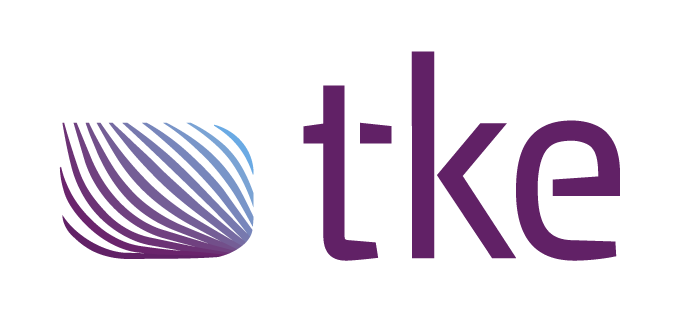Why is CAN bus important for automation?
The Controller Area Network (CAN) bus is a robust vehicle bus standard designed to allow microcontrollers and devices to communicate with each other within a vehicle without a host computer. Originally developed for the automotive industry by Bosch in the 1980s, it has since become a widely adopted protocol in various industries due to its reliability and efficiency. CAN bus architecture facilitates communication between devices known as nodes. Each node can send and receive messages, but there’s no need for a central computer to control data transfer. The communication happens over a two-wire system, where all devices are connected to the same network. This setup allows for a decentralized system where each node can independently transmit data, making it highly efficient and reducing the risk of a single point of failure.
What are the benefits of using CAN bus in automation?
One of the key benefits of using CAN bus in automation is its reliability. The protocol includes error detection and correction mechanisms, ensuring that data is transmitted accurately. This feature is crucial in industries where precision and safety are paramount. Additionally, CAN bus systems are known for their robustness even in harsh environments, which is why they are favored in many industrial applications. Efficiency is another significant advantage of CAN bus systems. By allowing multiple devices to communicate over a single network, CAN bus reduces the need for complex wiring, which not only cuts down on installation costs but also simplifies maintenance. Furthermore, the protocol’s data prioritization mechanism ensures that critical messages are transmitted without delay, enhancing the overall performance of the automation system.
How does CAN bus compare to other communication protocols?
Compared to other communication protocols like LIN (Local Interconnect Network) or Ethernet, CAN bus offers unique strengths. While LIN is simpler and cheaper, it is limited in speed and is not suitable for more demanding applications. Ethernet, on the other hand, can handle high data rates and complex tasks, but it requires more infrastructure and is generally more expensive. CAN bus strikes a balance between complexity and performance, making it ideal for applications that require reliable communication under real-time constraints. It is particularly well-suited for environments where electromagnetic interference (EMI) is a concern, as its differential signaling reduces susceptibility to noise. This makes it a preferred choice in industries like Marine and industrial automation, where reliability and cost-effectiveness are key considerations.
What industries benefit the most from CAN bus technology?
The automotive industry is perhaps the most well-known beneficiary of CAN bus technology. It allows for seamless communication between various electronic control units (ECUs) in vehicles, facilitating everything from engine management to in-car entertainment systems. The protocol’s ability to handle real-time data and prioritize critical messages makes it indispensable in modern vehicles. Beyond automotive, industries such as manufacturing, robotics, and marine also heavily rely on CAN bus technology. In manufacturing, CAN bus systems enable the integration of complex machinery and automation processes, enhancing efficiency and productivity. Robotics applications benefit from the protocol’s ability to manage multiple actuators and sensors simultaneously, while the marine industry appreciates its robustness in challenging environments.
How can TK Engineering Oy assist with CAN bus implementation?
At TK Engineering Oy, we specialize in offering comprehensive solutions for companies looking to implement or optimize CAN bus technology in their automation systems. With over two decades of experience in CAN bus technology, we provide services ranging from control system design to product development and training. Our team of experts ensures that our solutions are tailored to meet the specific needs of each industry, enhancing performance and ensuring long-term success. We collaborate with market leaders to provide cutting-edge communication systems, and our expertise extends to testing and troubleshooting, research and pre-studies. By choosing TK Engineering Oy, companies can leverage our expertise to implement reliable, efficient, and cost-effective CAN bus solutions that drive innovation and success in their respective fields. For more information on how we can assist you with your CAN bus needs, we encourage you to get in touch with us today.



